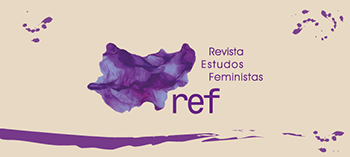In this article we analyze the different debates and dilemmas outlined by the so-called "direct surrenders" in the field of institutions and agents responsible for granting the adoption of children. This term designates the surrender that mothers or other members of the biological family make of their children to other people for their adoption. To account for the meanings currently associated to these practices, on one hand, we describe and analyze the process through which the surrender of children performed by public deed was suppressed by Argentine legislation. On the other hand, we focus on the analysis of legal adoption cases of children who were directly surrendered by their mothers and/or families of origin. Through this analysis, we examine the ways assumed by governmental intervention whenever the aim is to protect a population deemed "vulnerable" and to fight "children trafficking". This investigation leads to explore the dilemma represented by child adoption in a society engulfed by deep social inequities, and to meditate on which are the "rights" acknowledged to those women for whom the surrender of a child in adoption constitutes an option within a limited range of possibilities.
Children Adoption; State; Direct Surrenders; Inequities; Free Choice
